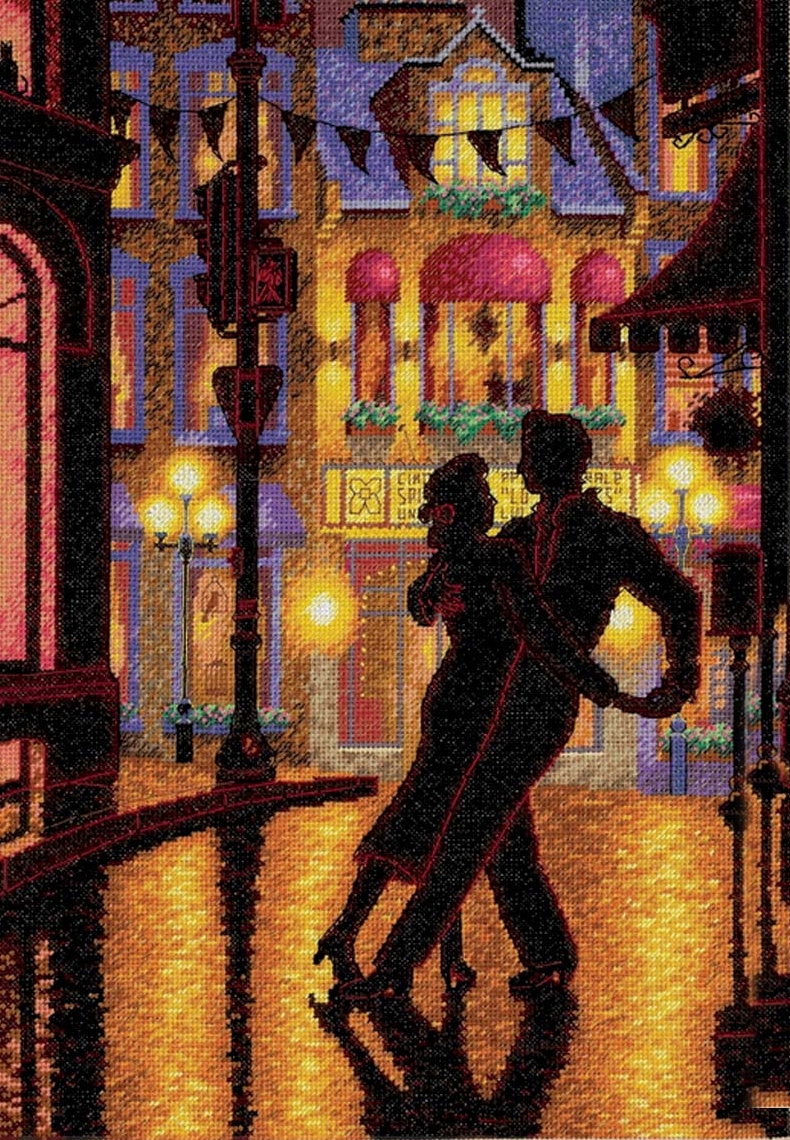The daughter of a bulgarian mother and french father, Irene Sheri Vishnevskaya🎨 was born in the Ukraine in 1968. Her art career began when Irene’s older brother, Vasily, was given a set of paints for his 9th birthday.
Told not to touch the paints, they became an obsession. Irene stole them, mixed them, and painted on paper, walls, her dress, and the bodies of her friends. She was 4 years old.







